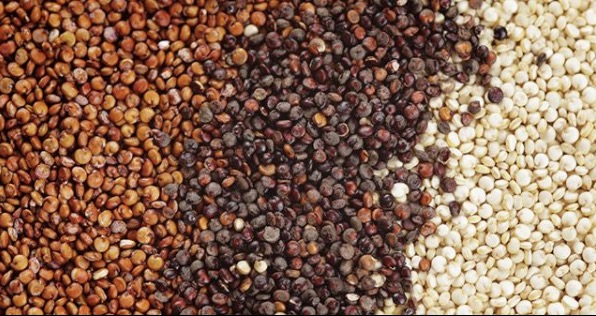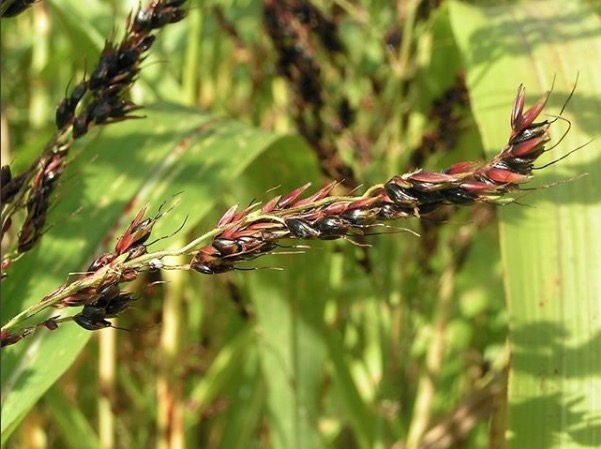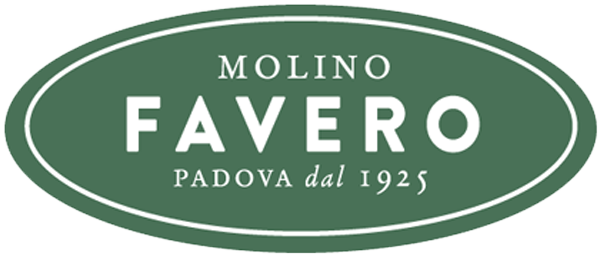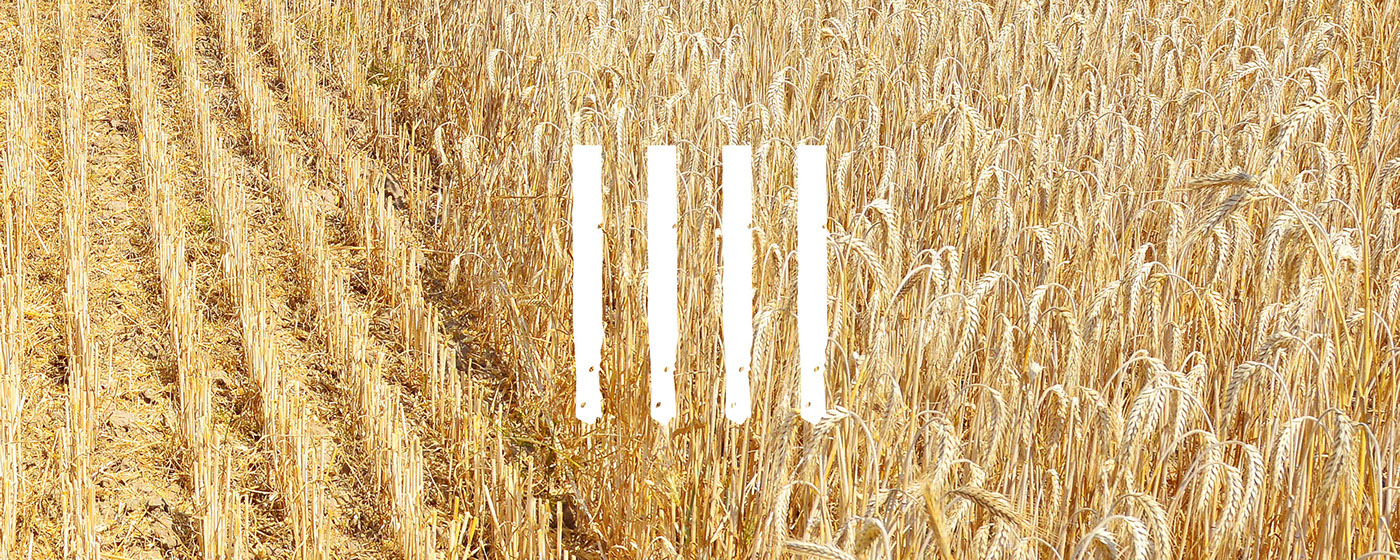What is Glyphosate?
Glyphosate is the number one herbicide and antibiotic used in the US; its use has skyrocketed over the last decade with the introduction of GMO crops. Glyphosate works as a broad spectrum systemic herbicide that kills weeds and is used as a desiccant. Glyphosate is used heavily in GMO Agriculture and in conventional growing (it’s sprayed on grains at harvest to desiccate them and make them easier to harvest and process i.e. oatmeal, grass grains, wheat), It is also used in home gardens and commercial parks, schools, etc. but is banned in organic agriculture.
A typical GMO crop gets many treatments of glyphosate over time (every few weeks through the summer). It needs to be continually applied to be effective. A growing number of countries are banning its use, as well as the promulgation of GMO crops. In 2015, 89% of corn, 94% of soybeans and 89% of cotton produced in the US were genetically modified to be herbicide-tolerant. 1
Despite multiple claims that glyphosate is safe, the World Health Organization has classified glyphosate as “probably carcinogenic in humans” and it is linked to lymphoma. Additionally, the California Environmental Protection Agency has added glyphosate to the Prop 65 list of carcinogenic chemicalsand it is now identified as “known to the State of California to cause cancer.” Glyphosate may also be contributing to the Monarch Butterfly decline.
While the industry research miraculously touts glyphosate as “safe” and we can anticipate an ongoing scientific debate – for my taste, there is far too much research that says the contrary. As far as I am concerned, too much independent research points to it being unsafe and I am not willing to take the risk.

Why Should You Care About Glyphosate?
- Glyphosate is regularly found in our food and water 2. Even on non-GMO food, if it is grown in proximity of farms that use glyphosate, there is a chance that residue will still be present. Traces of glyphosate can be found in conventionally grown crops as well, because some farmers use glyphosate as a desiccant to dry out crops just 7 to 10 days before harvest, so the residue is present in the final food product as it goes to market.
- Numerous scientific studies conducted independently of the agricultural biotechnology industry have found that the toxic effects of glyphosate, even in small amounts, include disruption of hormonal systems and beneficial gut bacteria, damage to DNA, developmental and reproductive toxicity, birth defects, cancer, and neurotoxicity. 3 4 5 6 7 8 9
- The way that we are growing and producing our food is destroying the top soil. Glyphosate is a patented antibiotic sprayed on the living structure, the plants and soil. The soil our food is grown in, much like us, has a delicate microbiome. The health of the soil directly affects the health of the food grown in it, which in turn affects our health. Being a broad spectrum antibiotic, glyphosate is used to kill weeds, but it is also destroying the microbiome of the soil. 1011
- Glyphosate is a patented chelating agent – it binds to minerals in the soil which prevents the uptake of nutrients by the plants themselves. This means that the food grown in soil sprayed with glyphosate will be devoid of vital nutrients like iron, manganese, zinc and boron. 12
- Many people have reported having severe reactions, sensitivities and intolerances to glyphosate, both environmentally and through food exposure.
This post and this opportunity to educate on glyphosate isn’t meant to be a Chicken Little situation, it’s not meant as fear mongering or “the sky is falling.” Quite the contrary, my hope is that by sharing this important knowledge it will help to garner awareness and will give us the valuable opportunity to create real change, for the health of ourselves and our families, along with the health of our soil and the environment.

Glyphosate Residue Free Labeling. What’s in Your Supplements?
At this point the amount of supplements available to us is unending. High quality supplementation as a means to fill in nutritional gaps is certainly something I recommend whenever appropriate with my clients and loved ones, but the sheer number of options and companies producing supplements is vast and quality often questionable. You truly have to know what you are buying and where it comes from.
The Detox Project is an independent research and certification organization that encourages transparency in the food and supplement industries on the subject of toxic chemicals. They are dedicated to bringing awareness to the public by testing consumer goods and food products for toxic chemicals. Their Glyphosate Residue Free certification verifies that food and supplement products do not contain the world’s most used herbicide.

